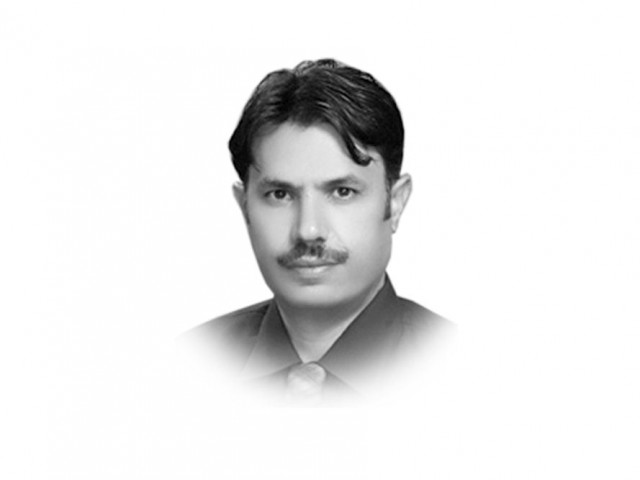Do you know Swat?
What most residents and tourists miss is Swat’s rich cultural and ethnic diversity which adds to its natural beauty.

The writer heads the Centre for Education and Development in Bahrain, Swat
zubair.torwali@tribune.com.pk
In Swat, seven languages are spoken. Besides the major language Pashto, Torwali, Gujri, Gawri, Qashqri, Ushojo and Badeshi are also spoken. Among these languages, Badeshi and Ushojo are now moribund. While Gujri is a commonly known language in Pakistan, its speakers are scattered across Swat.
Torwali, Gawri, Qashqari, Ushojo and Badeshi all have the same ancestry — the Dardic group of languages of the Indo-Aryan family. The Torwali community is said to be the original inhabitant of pre-Muslim Swat. Research suggests that the Torwali community had inhabited Swat even before the Buddhist and Hindu period. Actually, the region between the Hindu Kush and the Himalaya — from Nuristan, Lughman in Afghanistan to the bottom of the Himalaya, including Indian Kashmir via the ranges of Karakorum — was the land of Dardic or Darada (a Romanised name for Herodotus’ Dadakai) people, whose indigenous worldviews were different from those of the major religions.
These local languages are still not written and well-documented. However, endeavours are being made by some researchers and civil society workers in various communities. To preserve these languages, commendable work of preservation, documentation and promotion is now being carried out in Torwali and in Gawri. Idara Baraye Taleem-o-Taraqi (IBT) or Institute for Education and Development, is a Bahrain-based north Pakistan focused non-profit organisation which has, so far, developed a working orthography (writing system) for Torwali and has published a number of books in the language. IBT has designed a course in Torwali for children and has been running a Torwali-based, mother tongue, multilingual education school for children in Bahrain — the cultural and business hub of the Torwali community. IBT has recently launched a Torwali-based Bilingual Education Project for Adult Women in the Torwali community, which is being deemed an effective tool to slow down the language shift in the community.
In addition to this, IBT has also published a number of books for adult literacy, such as Inaan (Rainbow), a collection of Torwali poetry with Urdu translation; Saath Baach Si Khazan (Treasure of Seven Kings), a collection of Torwali legends and folk stories; a Torwali alphabet book; Torwali primer and Torwali reading and listening stories for children. IBT also publishes a quarterly newsletter in Torwali called Koshein — the Torwali name for the Mankiyal Peak, which is visible from almost all parts of Swat.
In Gawri, too, there are a number of commendable initiatives being undertaken by the youth to preserve and document the language. The Gawri Community Development Programme is carrying out research and education in Gawri. The situation of Ushojo and Badeshi is critical. While Badeshi is no longer alive, Ushojo is on the verge of death as no work on its documentation and preservation has so far been observed.
Published in The Express Tribune, January 29th, 2013.












COMMENTS
Comments are moderated and generally will be posted if they are on-topic and not abusive.
For more information, please see our Comments FAQ